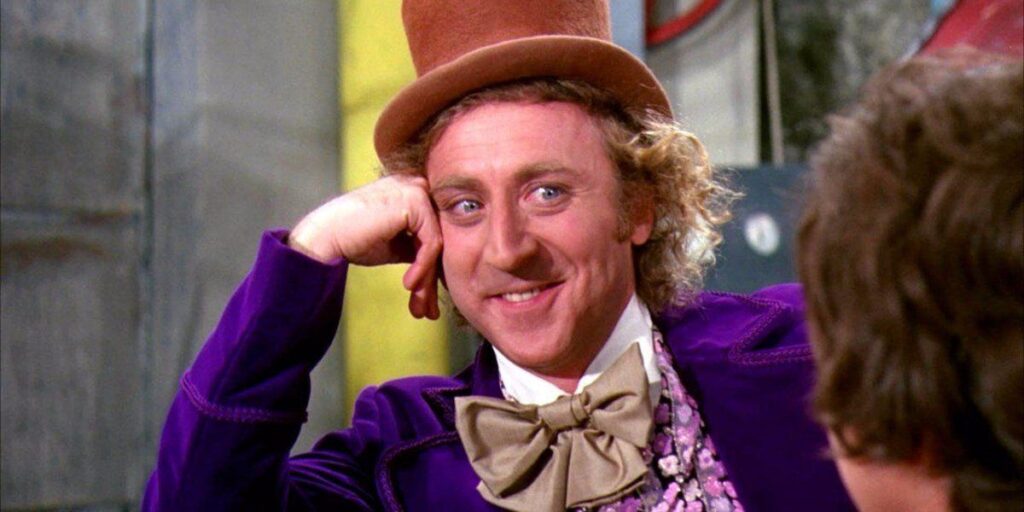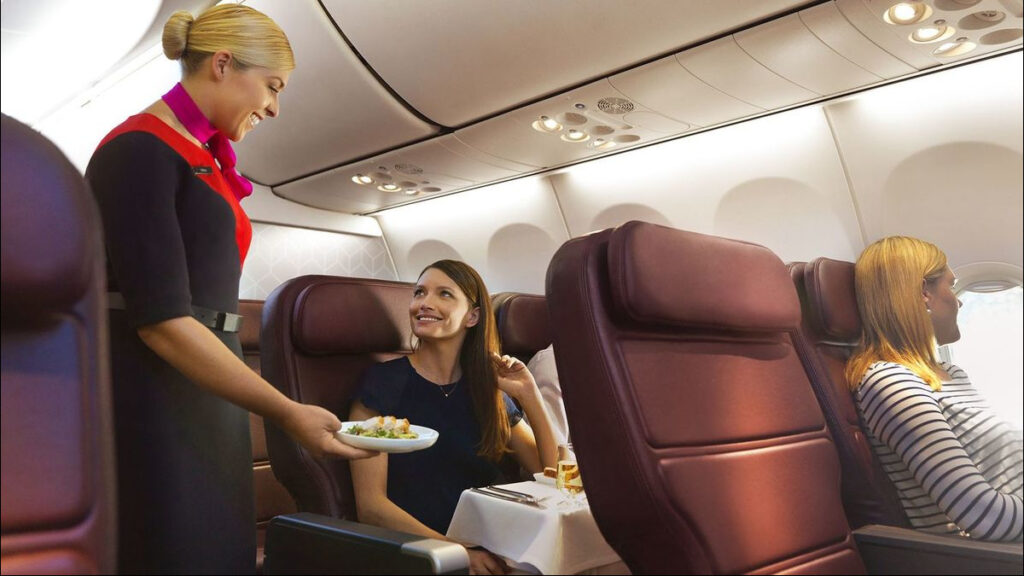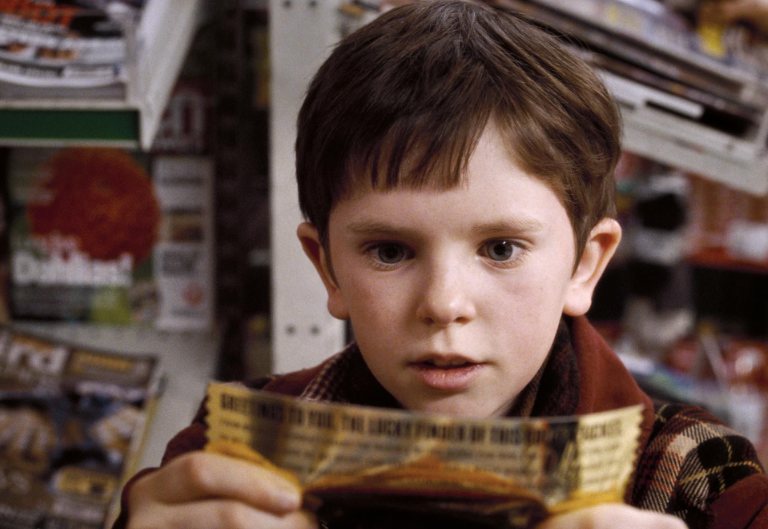Case study: Qantas Frequent Flyer

Willy Wonka may seem like a character straight out of a Roald Dahl’s imagination, but he’s more than just a whimsical figure – he’s a smart and strategic businessman. This blog will explore three of Willy Wonka’s strategies and their relevance to the loyalty industry, drawing parallels with the largest loyalty program in Australia, Qantas Frequent Flyer.
For those in need of a quick reminder, Willy Wonka is the eccentric chocolatier and founder of the Wonka Chocolate Factory, the market leader in its time. Wonka led the ‘golden ticket’ competition, a viral marketing campaign which captivated consumers globally. Hidden among millions of chocolate bars were five golden tickets, each granting the fortunate winners an opportunity to receive an endless supply of chocolate bars and an exclusive invitation to tour his magical chocolate factory.
1. Rewards need to be valuable and exclusive
Willy Wonka’s golden ticket competition thrived on exclusivity and high perceived value. The reward was scarce, given there were only five tickets available, and it was mysterious as no one, aside from the Oompa Loompas, had ventured inside the Wonka factory. Children believed this reward to be highly valuable which fostered word-of-mouth in an organic way.
Similarly, successful loyalty programs, such as Qantas Frequent Flyer, understand the importance of offering rewards that are both exclusive and perceived as highly valuable. Certain industries, like airlines, are well-positioned to provide rewards that are both low-cost and carry a high perceived value – referred to as efficient rewards.
For example, Qantas grants members access to empty seats on flights in exchange for points, at a cost to the program of 5-10% of the ticket price. Additionally, empty seats in business class can be given to members as a free upgrade, representing another efficient reward. These efficient rewards costs the airline little but is highly valued by the member. In parallel with Wonka’s approach, Qantas aligns its loyalty program with the principles of exclusivity and high perceived value, creating a compelling and cost-effective loyalty experience for its members.

2. Rewards carry social identity
Willy Wonka’s golden ticket winners became part of an exclusive group, creating a sense of social identity. The children not only gained access to Wonka’s magical chocolate factory, but also developed a sense of belonging, fostering high self-esteem and a feeling of importance within the select group.
Qantas Frequent Flyer, with its status tiers, fosters a similar sense of belonging and exclusivity. As members climb the loyalty ladder, they are provided with a range of benefits including free lounge access, priority boarding/ check-in/ baggage handling and complimentary upgrades. By recognising and rewarding members, while making them feel they belong to something meaningful, Qantas provide a boost in self-esteem which lead to the formation of an emotional connection with the brand.
Cairns and Galbraith (19901) suggested that ‘frequent flyer schemes may generate switching costs for travellers’ through the awarding of status tiers which confer benefits on the member which they would lose if they moved their business to another airline.’ According to social identity theory, the loss for some would also include a loss of self-esteem, feeling of importance and sense of belonging. This makes the stickiness effect of Qantas particularly powerful2.
Qantas, like Willy Wonka, understands the power of creating an exclusive community, offering members access to valuable and exclusive benefits and rewards, which enhances customer loyalty and engagement.

3. Gamification encourages engagement
Willy Wonka inadvertently incorporated elements of gamification long before the term became mainstream. The quest for the golden tickets turned the acquisition process into a thrilling game, capturing the imaginations of millions.
Gamification can play a key role in loyalty programs by making mundane actions fun, as well as motivating members to engage in desirable behaviours. Gamification incorporates a range of useful tools to facilitate engagement; points, badges, levels, leader boards, progress trackers and challenges. It can be argued that many loyalty programs are gamification programs. Members are motivated to complete specific tasks in non-game contexts to accumulate points, earn badges and move up levels (status tiers), climb leader boards and complete challenges (e.g shop at new coalition partners to earn bonus points).
Qantas Frequent Flyer embraces gamification with tiered status levels, leader boards and challenges. The Qantas Wellbeing app exemplifies this approach, allowing members to earn points by competing in various challenges that encourage healthy habits such as walking the dog or cycling to work. The app complements other products and services offered by Qantas Insurance. While it is free to use by all members, those that have insurance with Qantas will earn a higher points-earning rate compared to those without coverage.
Gamification not only adds an element of fun but also encourages active participation and competition among members. It is an excellent way to encourage people to engage in desirable behaviours.
In conclusion, Willy Wonka isn’t just an iconic movie character; he’s also a testament to creative and innovative entrepreneurship. His marketing strategies, developed over 50 years ago, remain relevant today, and are echoed in the design of the Qantas Frequent Flyer program.

¿Busca consultores para diseñar su programa de fidelización?
Nuestros consultores de fidelización han ayudado a marcas globales a dar los pasos críticos para diseñar programas de fidelización únicos y eficaces, así como a apoyar la evolución continua para satisfacer las cambiantes expectativas de las empresas y los consumidores. Póngase en contacto con nosotros para obtener más información sobre nuestros servicios integrales de fidelización y hable con nuestros consultores de fidelización para entender cómo desarrollar u optimizar su estrategia de programas de fidelización.

